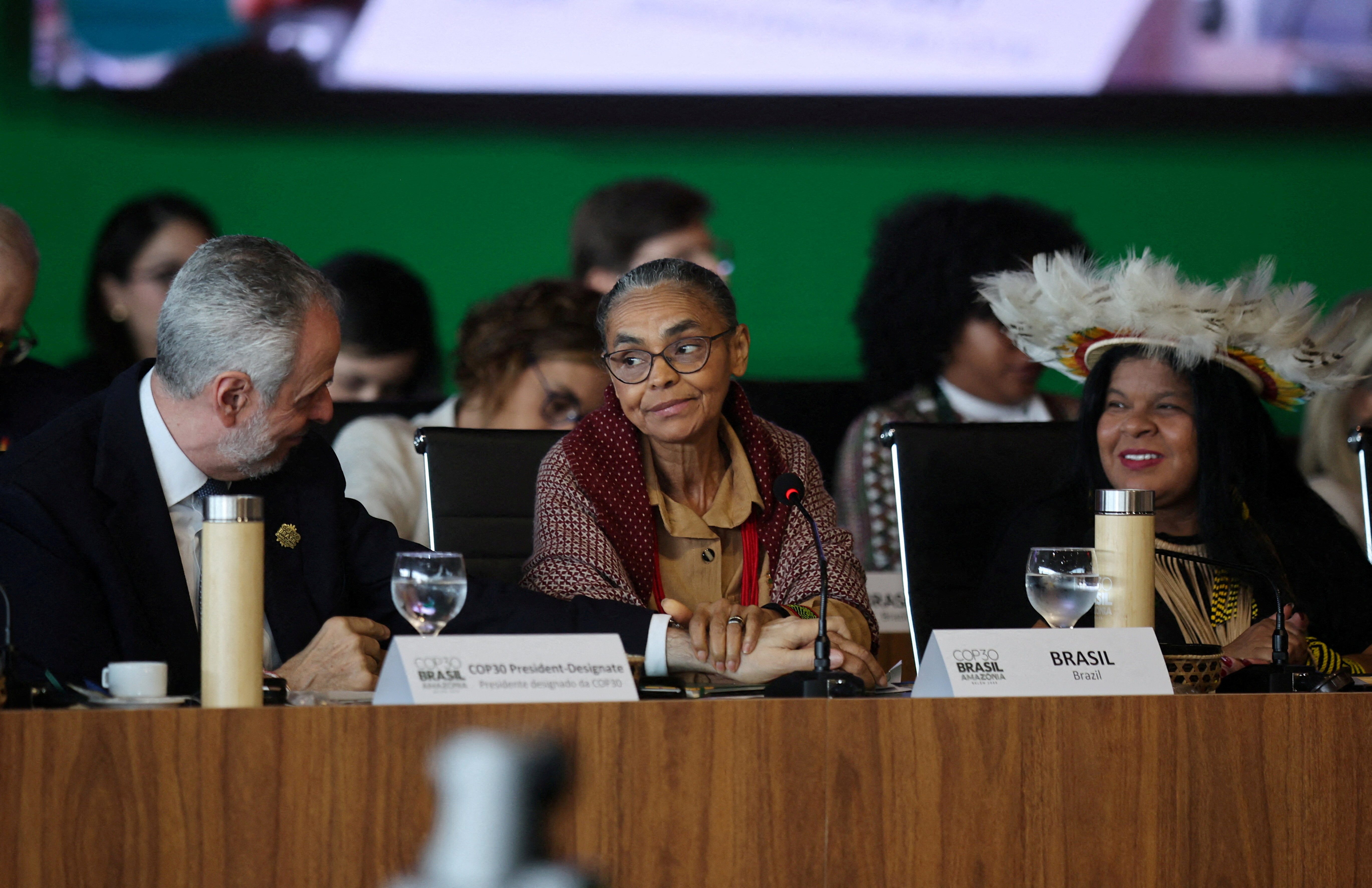These tech companies are taking a stand against wildlife trafficking

21 tech companies are working together to help stop wildlife traffickers buying and selling ivory online.
Image: REUTERS/Thomas Mukoya
Stay up to date:
Advanced Materials
Wildlife trafficking is a pervasive crime that endangers animals and threatens wildlife populations. The internet has made it even easier for traffickers to illegally trade animals and products like ivory and rhino horn online. Now, 21 leading tech companies are working together to prevent animal trading on their sites and platforms.
Last week, the Global Coalition to End Wildlife Trafficking Online was launched by TRAFFIC, the International Fund for Animal Welfare, and the World Wildlife Fund (WWF), and includes companies like Google, Facebook, Microsoft, Instagram, and Alibaba. The coalition will “work together to collectively reduce wildlife trafficking across platforms by 80% by 2020.”
The black market for wildlife products is more expansive and accessible than ever thanks to the anonymity the internet can provide. We might think of crimes like ivory trade as something from a bygone era, but new technology creates new avenues for criminal activity to emerge.
The current challenge in putting an end to illegal trafficking isn’t that companies don’t care; when such activity is spotted, companies often do take action — but the criminals just move to another platform. As a coalition, companies could stand together to better identify and stop traffickers. Law enforcement can’t effectively police every platform or website that might be utilized for trafficking. Nor can each platform or website monitor for trafficking effectively on their own. “If you have one weak link in the chain, that’s where all of the illegal trade will gravitate towards,” said Crawford Allan, the senior director of wildlife crime at the WWF and TRAFFIC, to National Geographic. “It’s like the whack-a-mole effect.”
The commitment of companies to taking a stand can’t come soon enough, as the wildlife trafficking situation has become dire. Between 2007 and 2014, ivory poaching reduced the savanna elephant population by a whopping 30 percent. From 2007 to 2017, the number of rhinos killed for their horns in South Africa increased from 13 to over 1,000. More and more species are facing extinction, and without comprehensive action, populations will continue to dwindle. Allan shared that companies “realized it’s a non-competitive issue and they stepped up together to help find solutions with us.”
Don't miss any update on this topic
Create a free account and access your personalized content collection with our latest publications and analyses.
License and Republishing
World Economic Forum articles may be republished in accordance with the Creative Commons Attribution-NonCommercial-NoDerivatives 4.0 International Public License, and in accordance with our Terms of Use.
The views expressed in this article are those of the author alone and not the World Economic Forum.
Related topics:
Forum Stories newsletter
Bringing you weekly curated insights and analysis on the global issues that matter.
More on Nature and BiodiversitySee all
Alejandra Castro, Cassio Ferreira, Ana Gonzalez Pelaez and Nathanial Matthews
November 11, 2025
Andrea Willige
November 10, 2025






